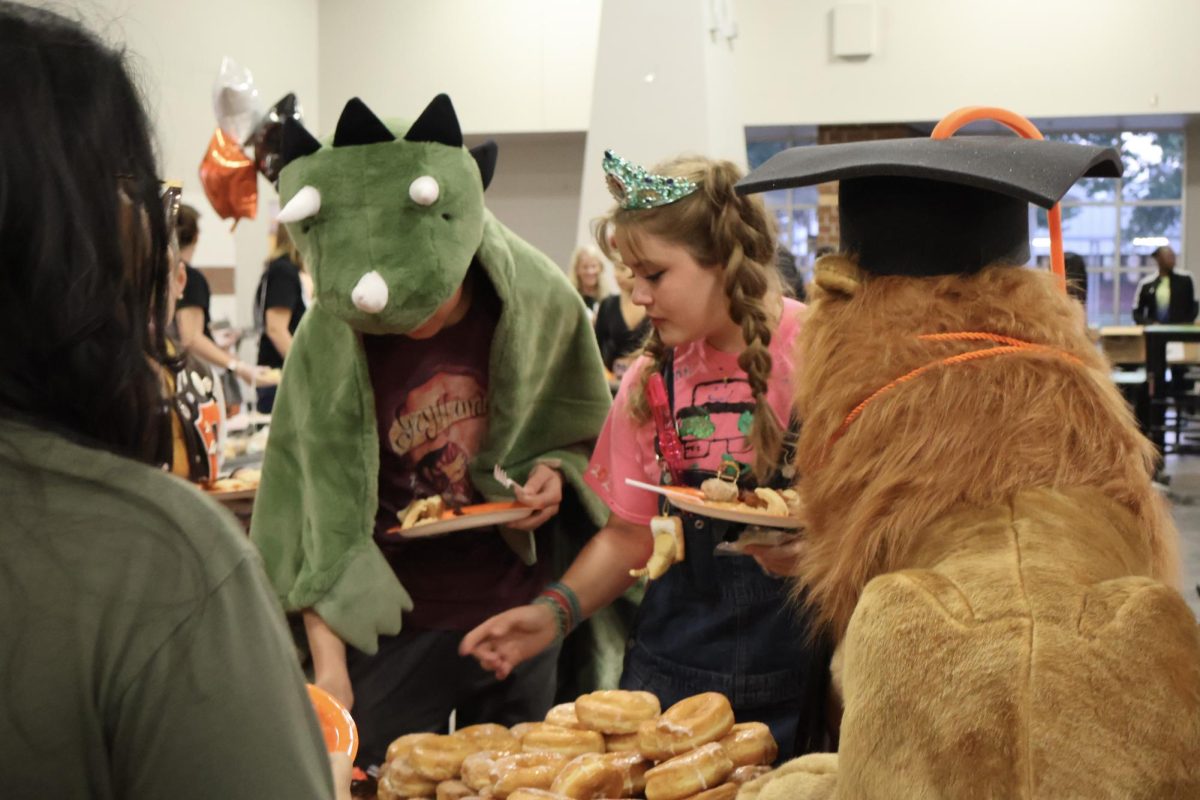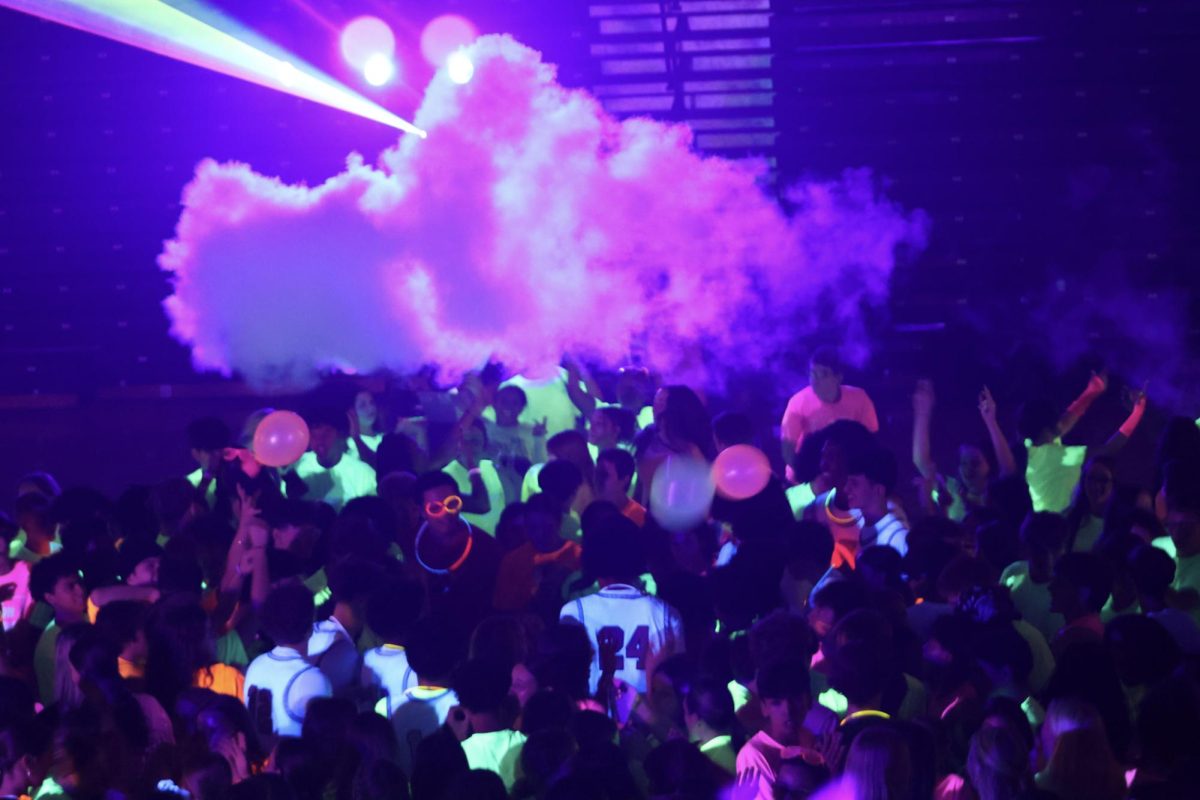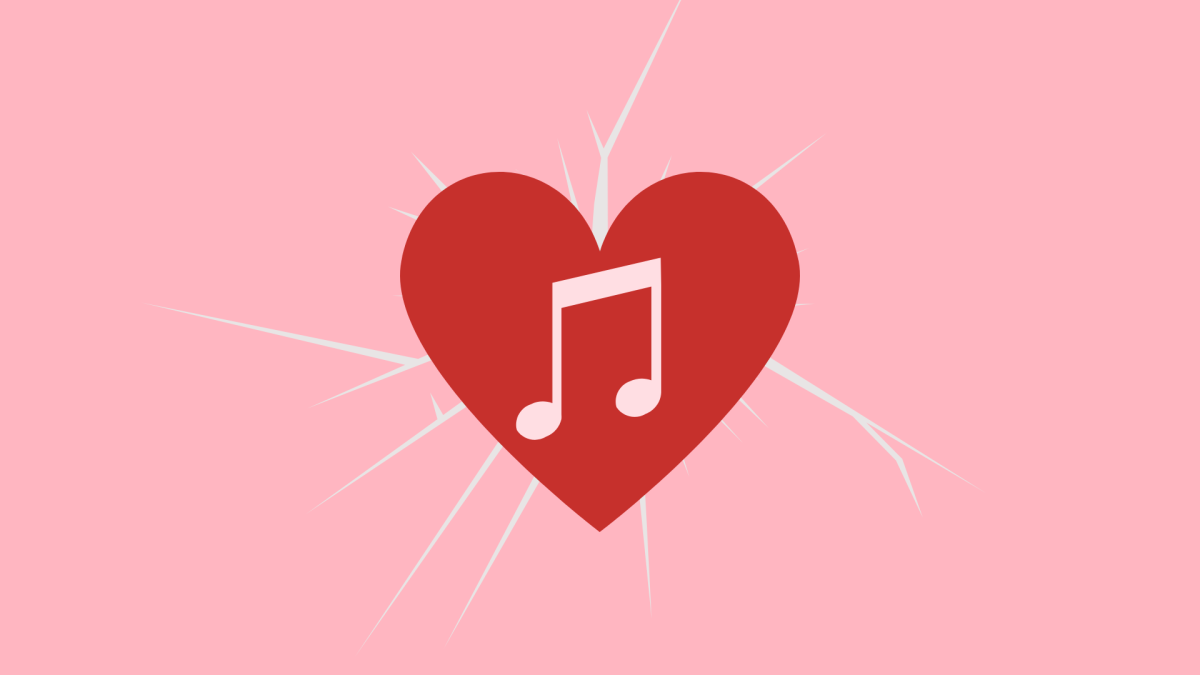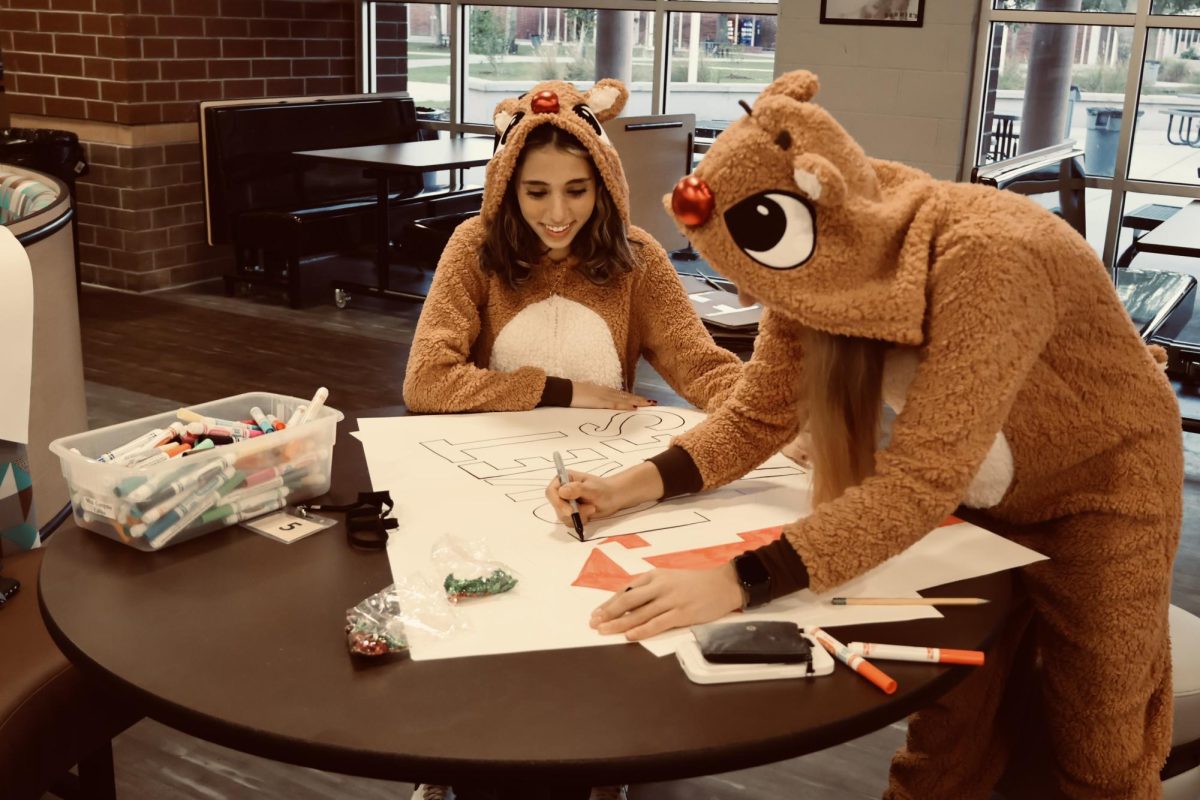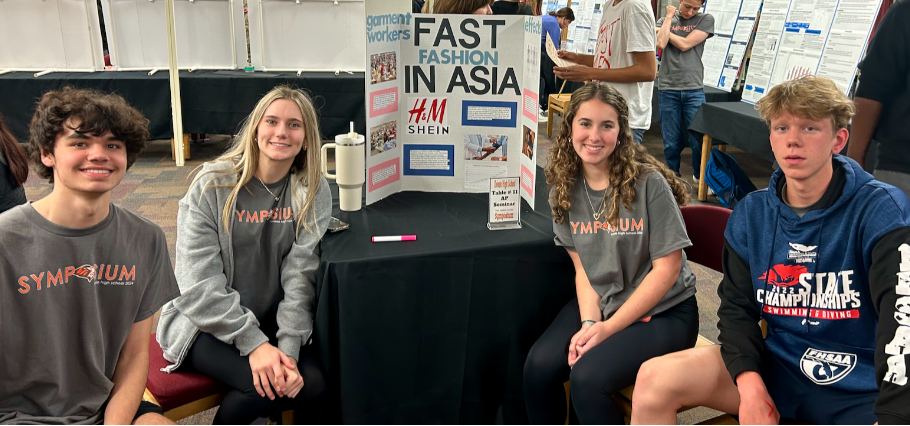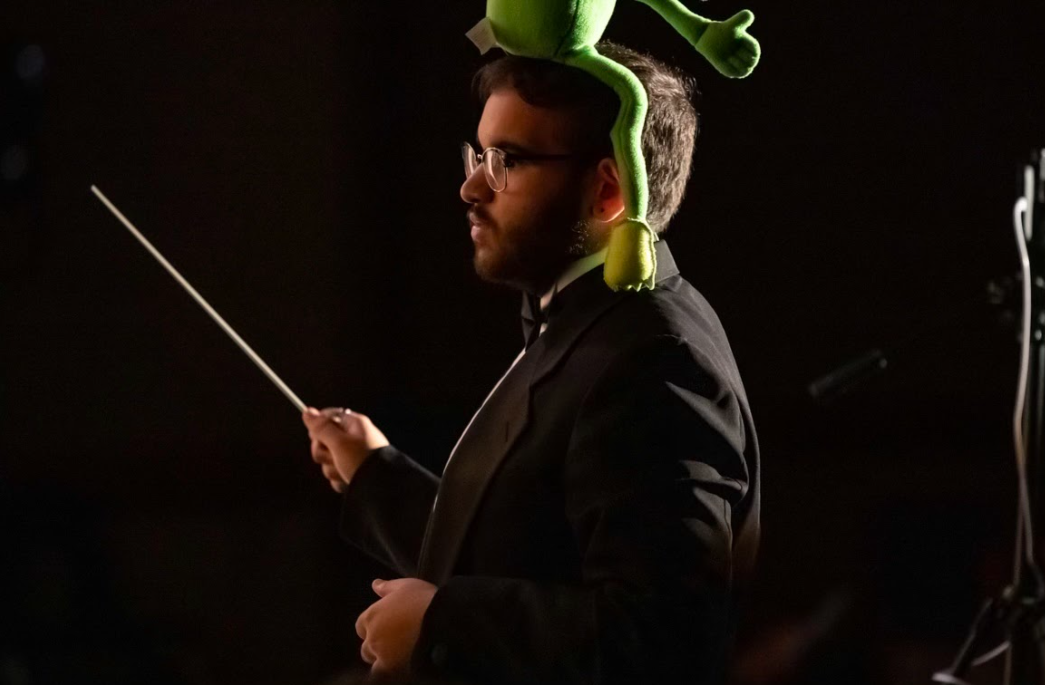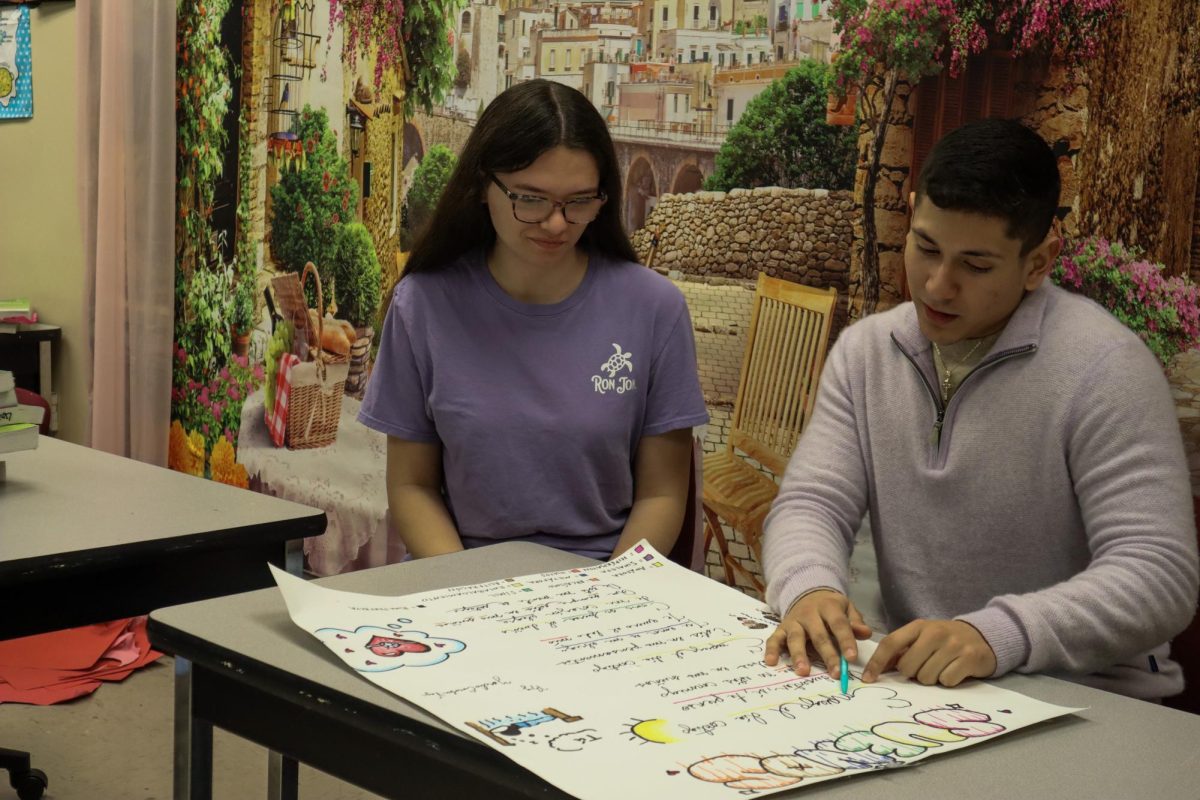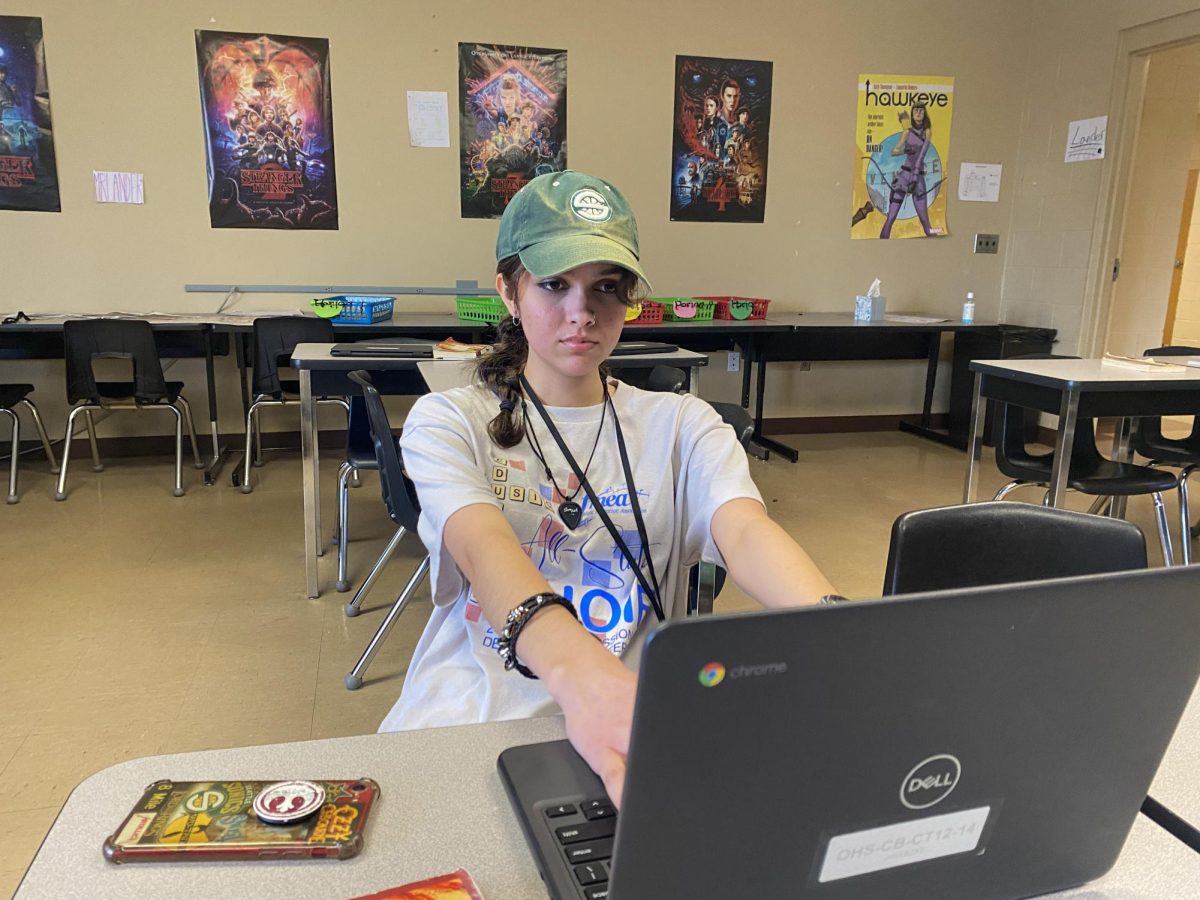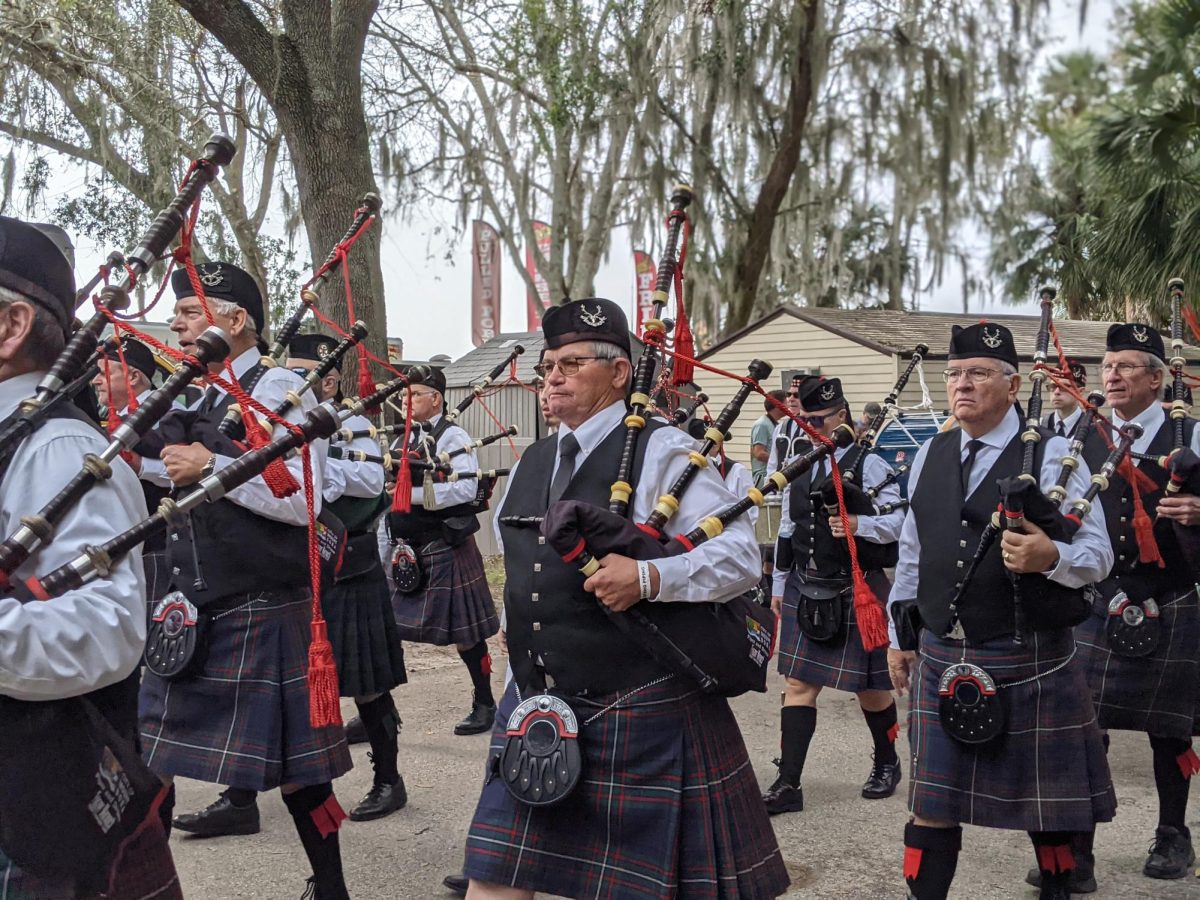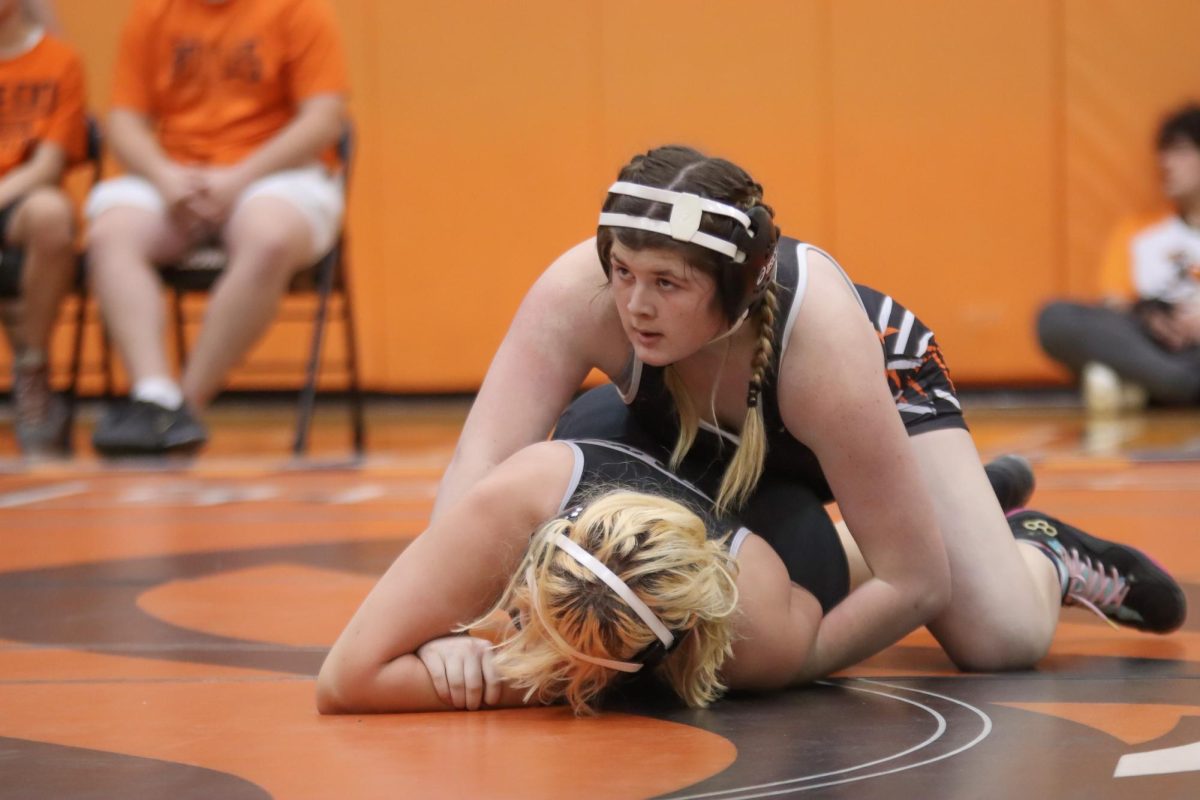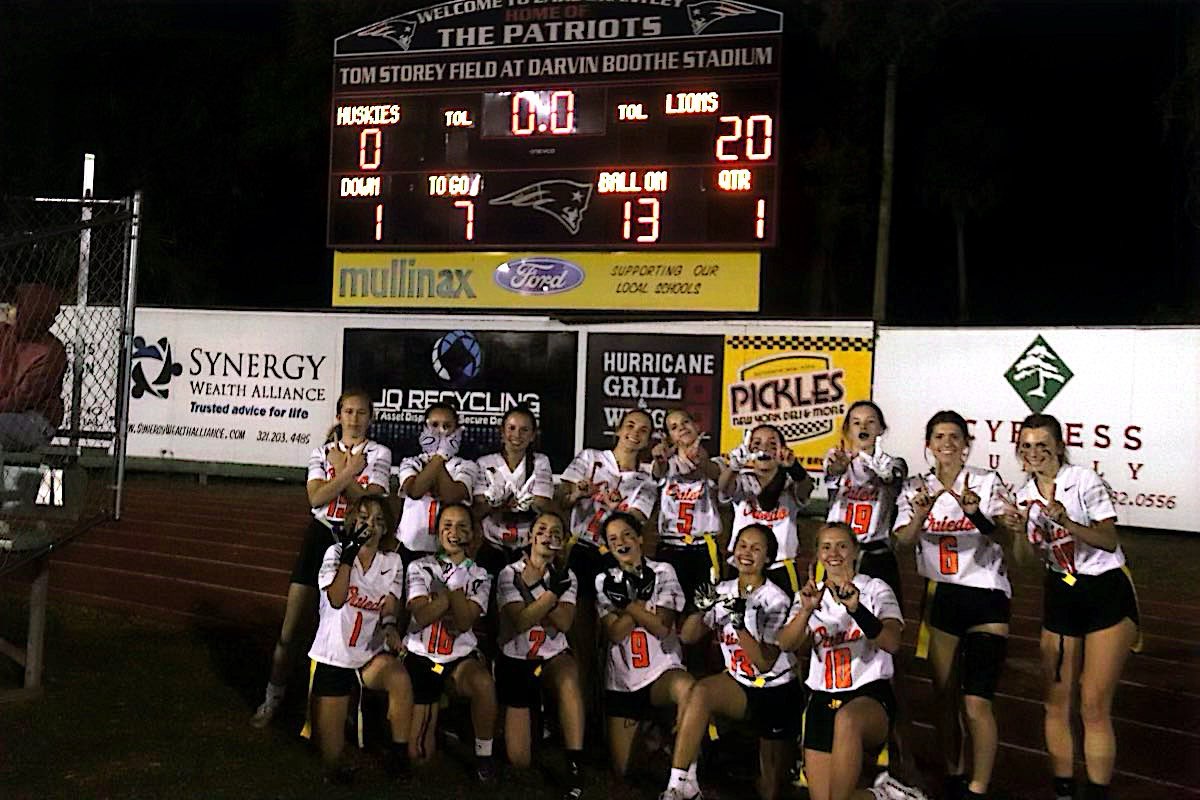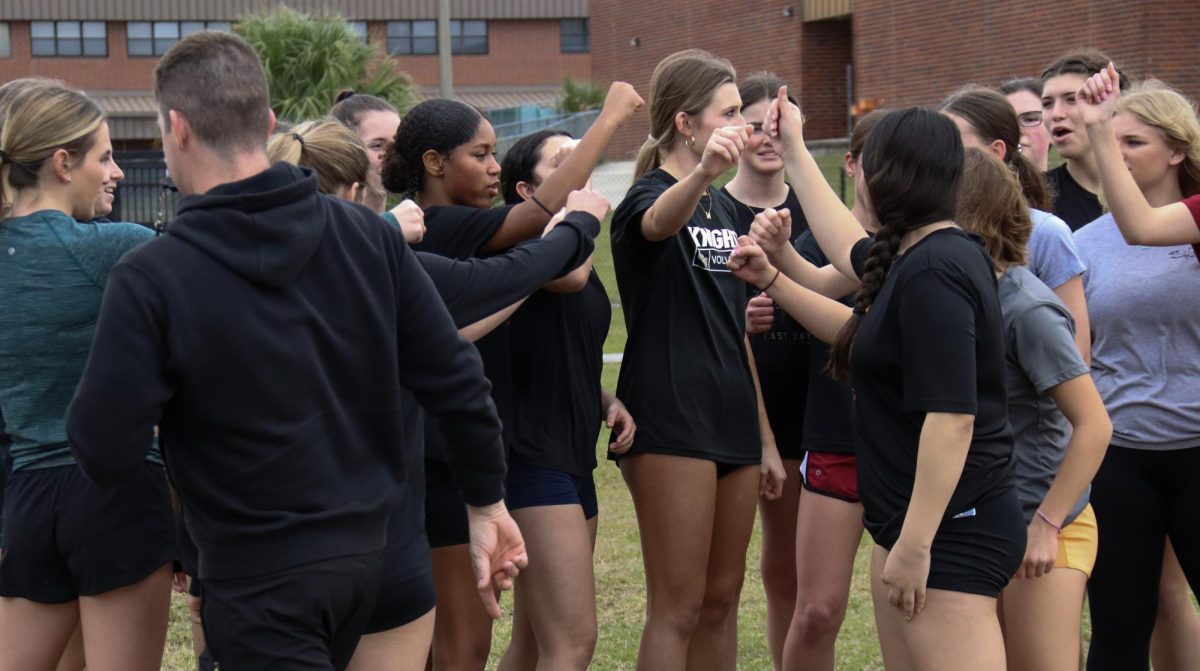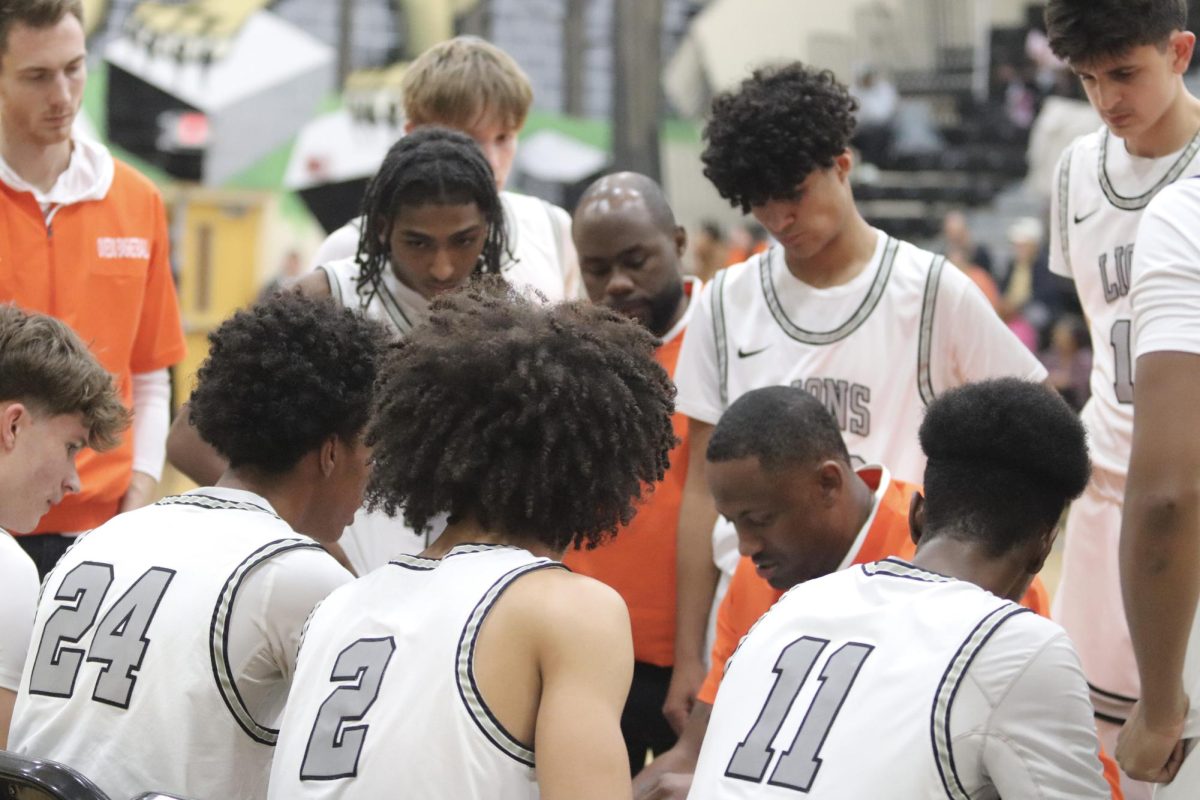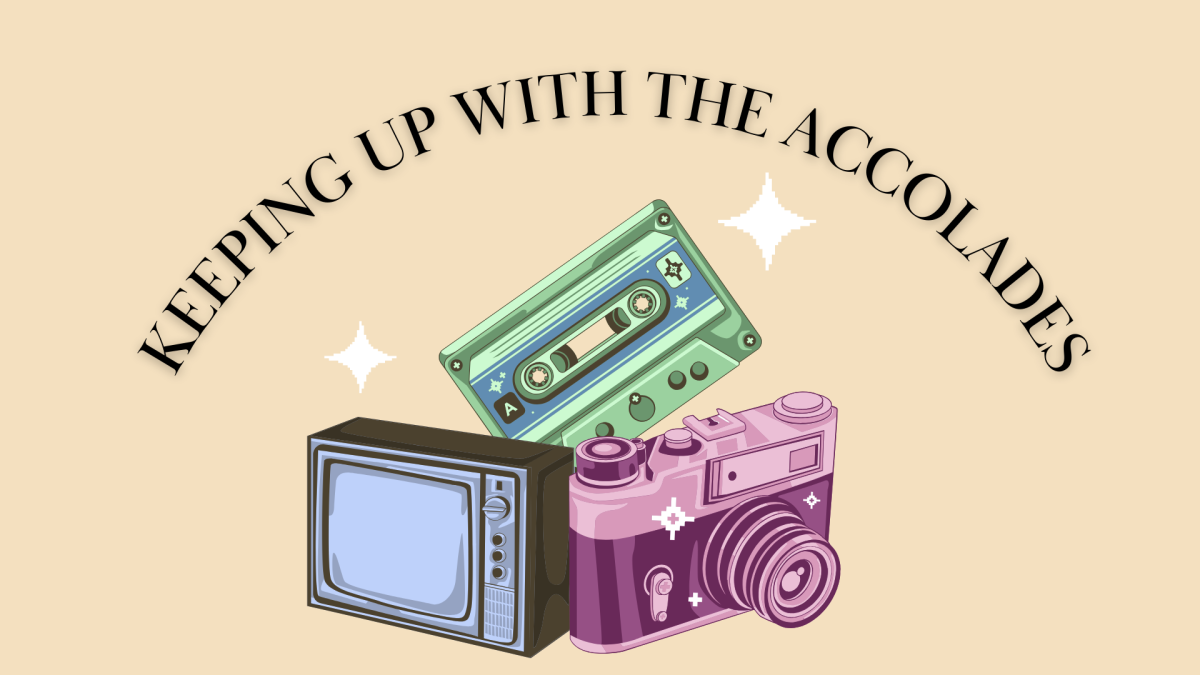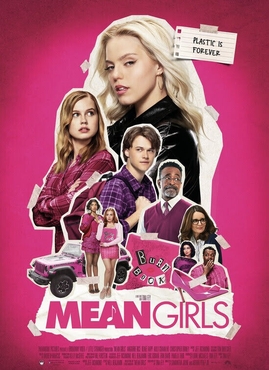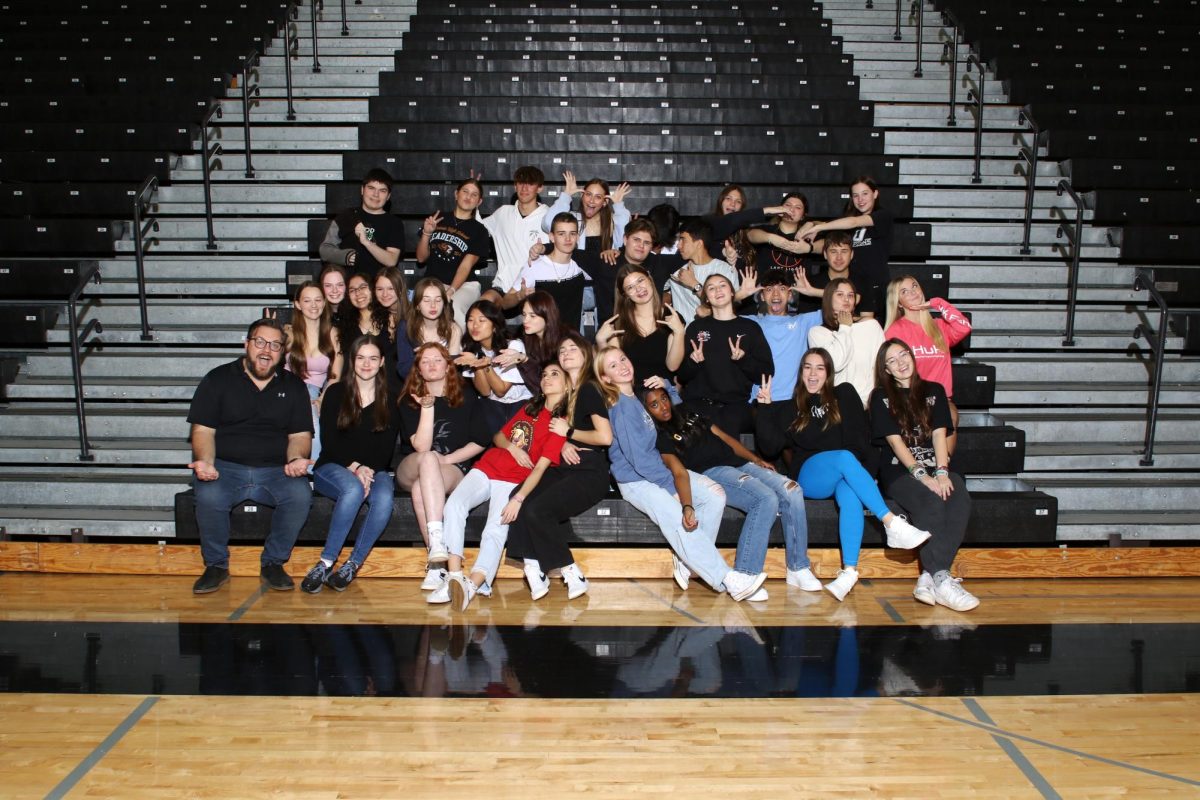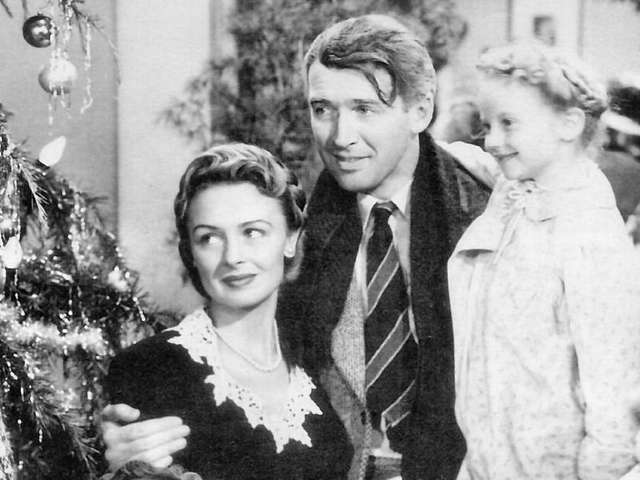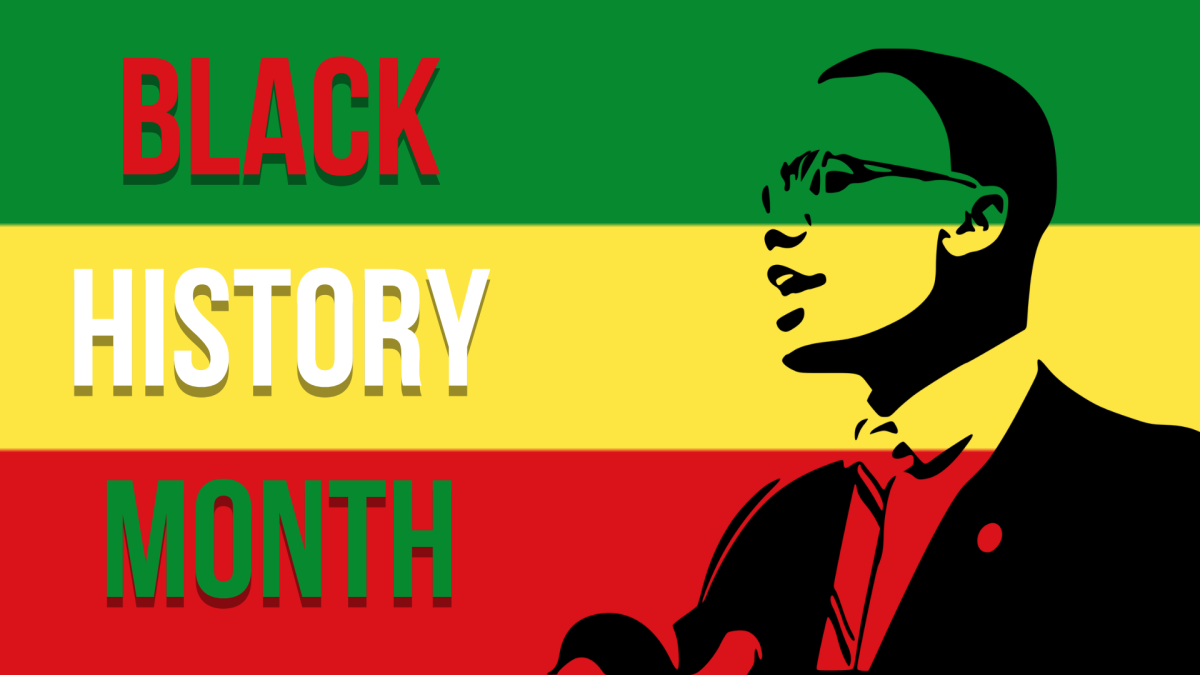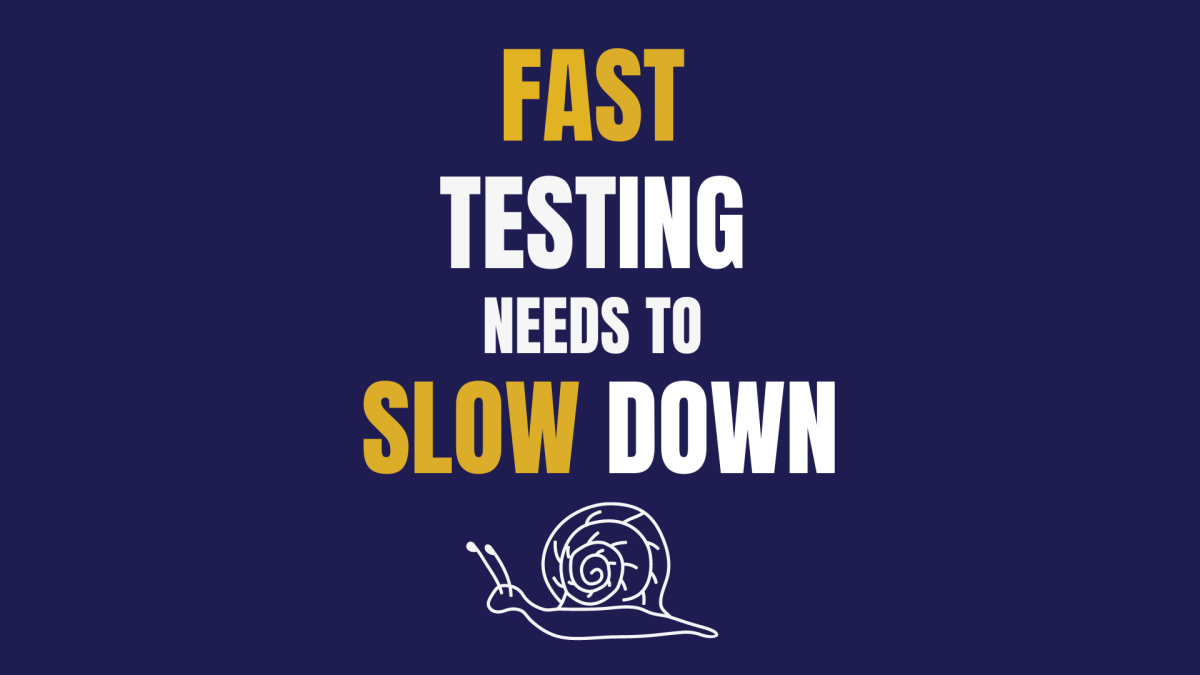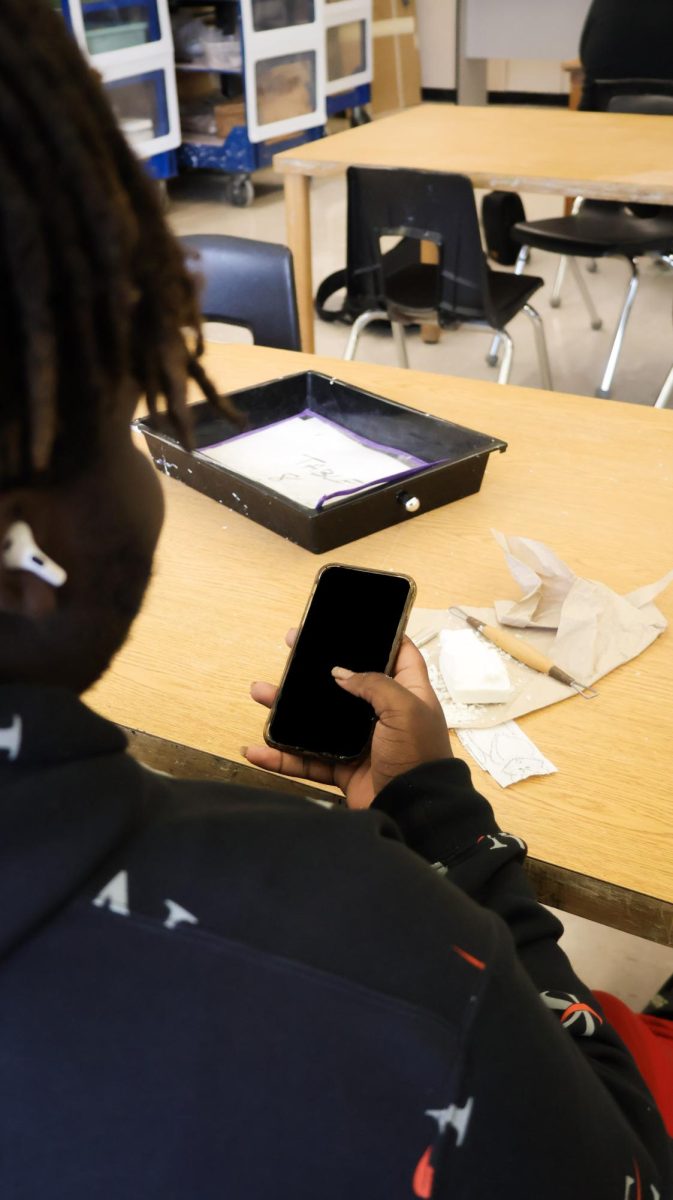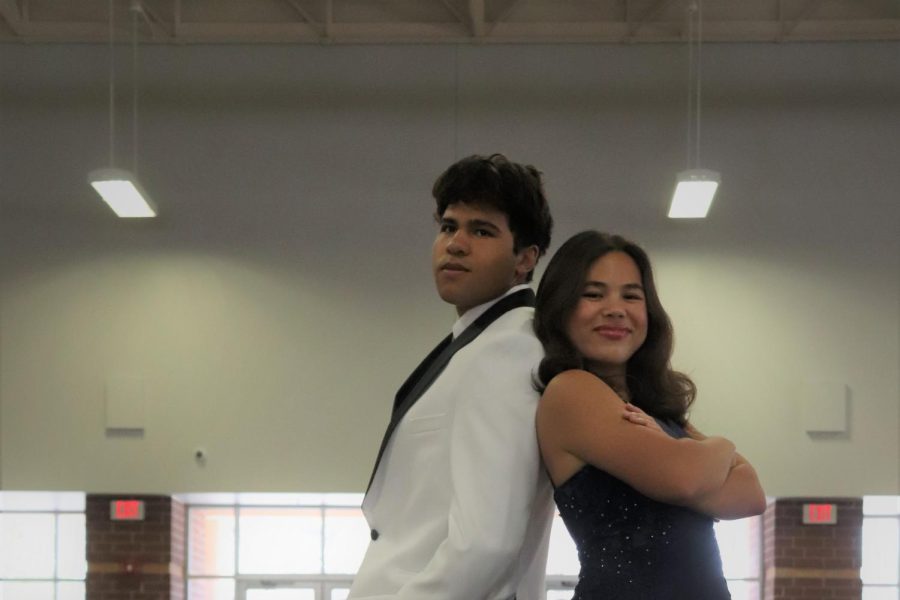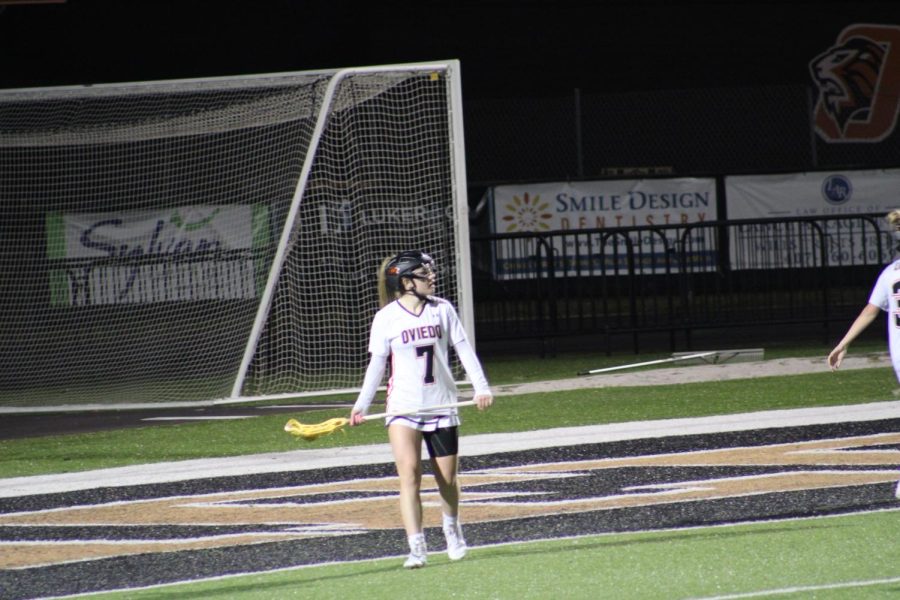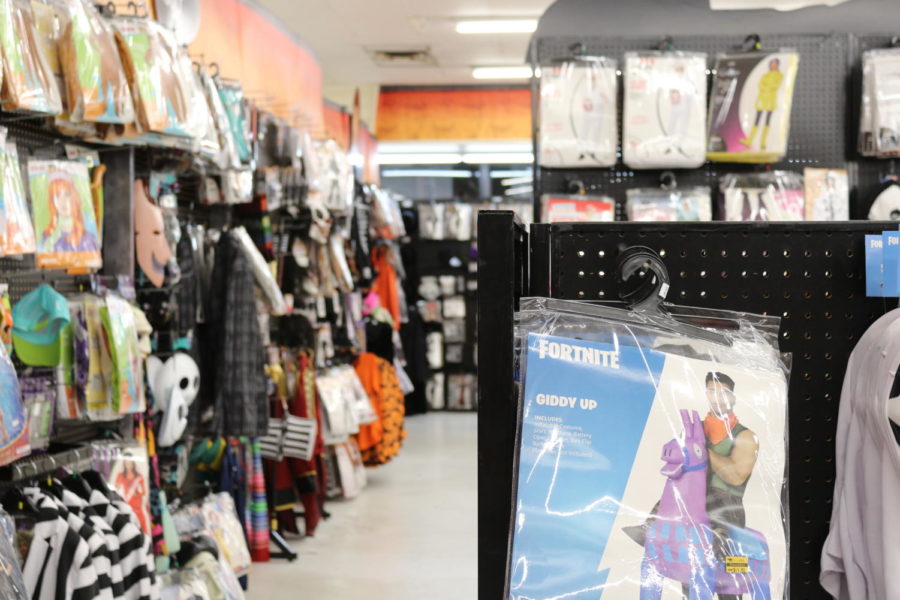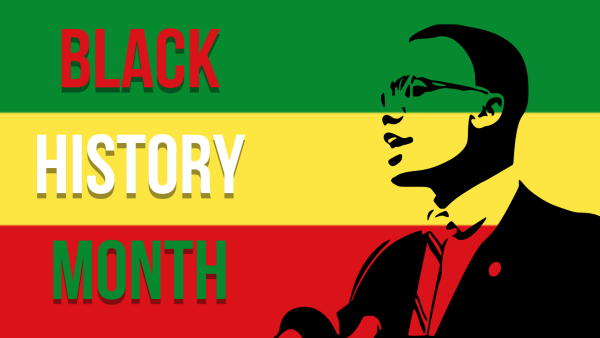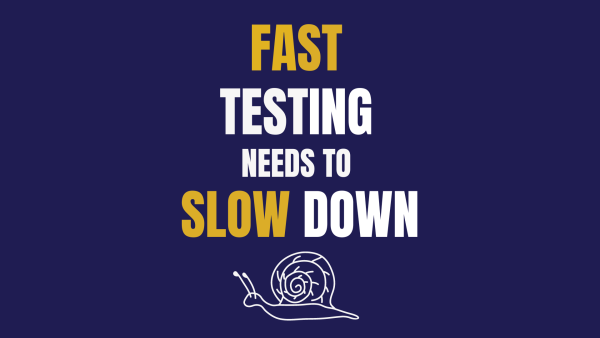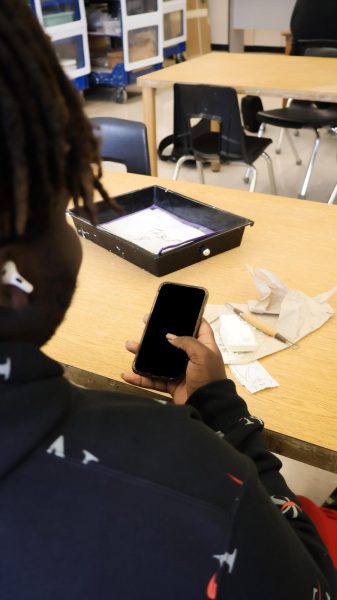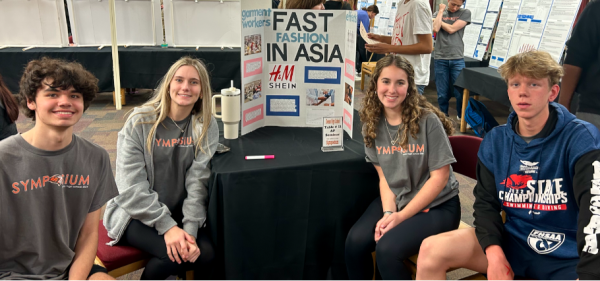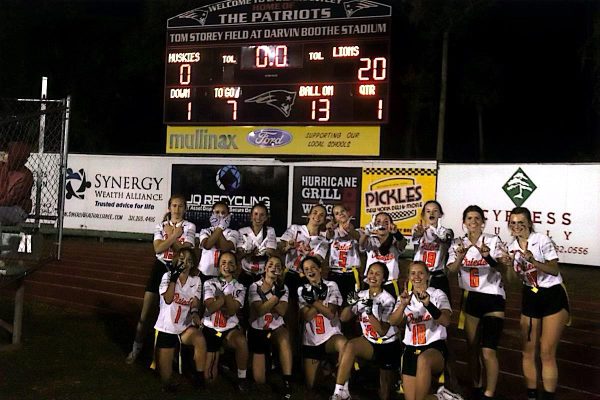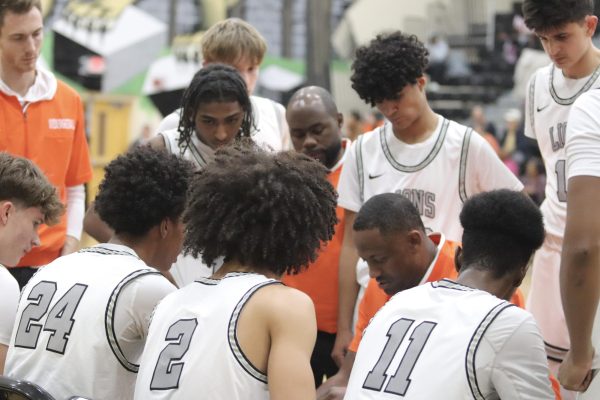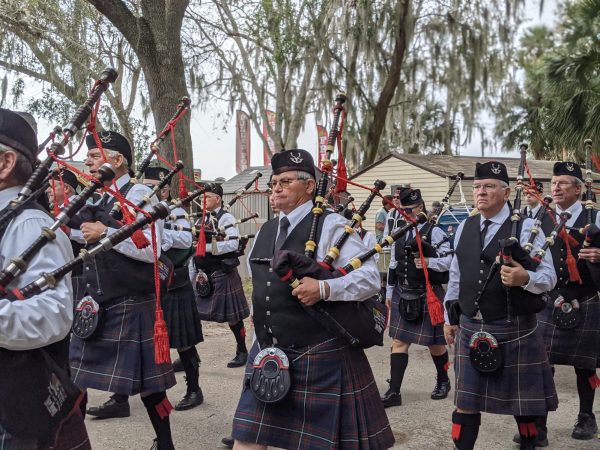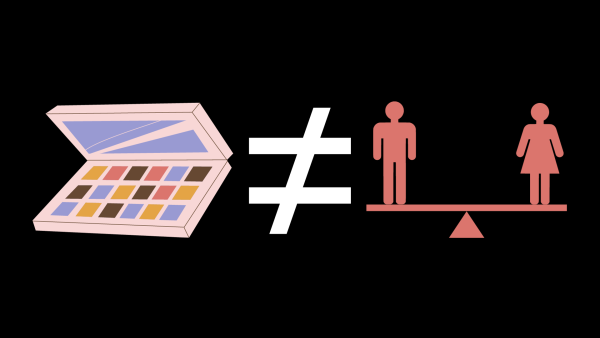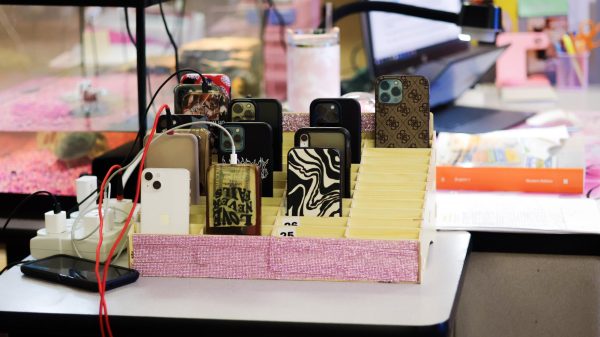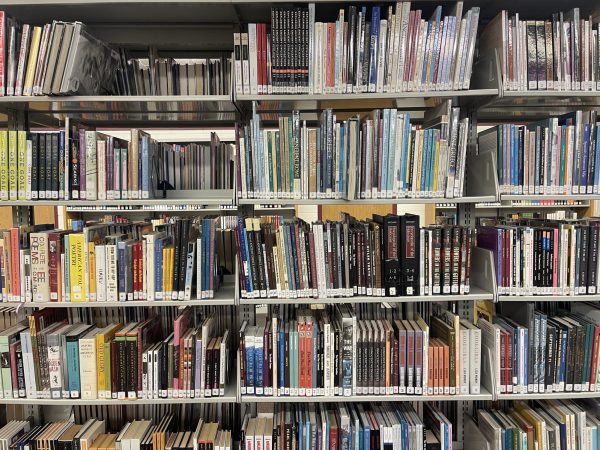Cultural appropriation in Halloween costumes
WEB EXCLUSIVE
As the world continues to diversify, there begins to arise a question of how to share culture, and how to do it properly. Cultural exchange is a positive result of globalization, but on the flip side is the consequence, cultural appropriation.
And on October 31, people have to look no further than their front door to find cultural appropriation. Halloween tends to have the highest rates of direct cultural appropriation, due to Halloween being the time of year where people can don “costumes” that any other time of the year would be considered inappropriate and rude.
Problematic Halloween costumes seem to be widespread, from indigenous wear, to sexualized traditional wear, to stereotyped representations of minorities. These “costumes” are a huge disrespect to all cultures from around the world.
The big issue with cultural appropriation is that it takes a complex culture, and reduces it to a stereotyped aesthetic, which is incredibly dehumanizing – especially in the case of most “cultural” women’s costumes.
“[Cultural appropriation] creates a false representation of a culture that spreads around and then people start getting false perceptions of a culture and begin to make assumptions of what it is,” said senior Fatima Almousawi.
The stereotyping of cultures can have devastating consequences. It can erase symbolic meaning by taking things rich in history and culture, and limiting it to just being seen as something for fashion. It turns culture into a prop, into something that can just be used and then thrown away.
Which is why people oftentimes don’t understand that they are appropriating a culture, even more so during Halloween. Things that may appear to be costumes, oftentimes aren’t just a costume. They are representations of culture, and the way they are represented do have effects on people.
“I’m fighting against a lot of people who don’t actively support cultural appropriation but still do it anyway,” said senior Celeste An.
Appropriation makes people who are a part of that culture feel less than human, feel disrespected, feel like they are nothing beyond this caricature of their culture. And when people only embrace a culture for aesthetic reasons, they hurt the people involved.
Culture can be shared without appropriation. It’s when people take sacred parts of culture and twist it to fit themselves, and when they shut out the opinions of people from that culture, that there is a problem.
Setting harmful standards for future generations should not be our Halloween legacy.
Your donation will support the student journalists of Oviedo High School. Your contribution will allow us to purchase equipment and cover our annual website hosting and printing costs. Thank you!

